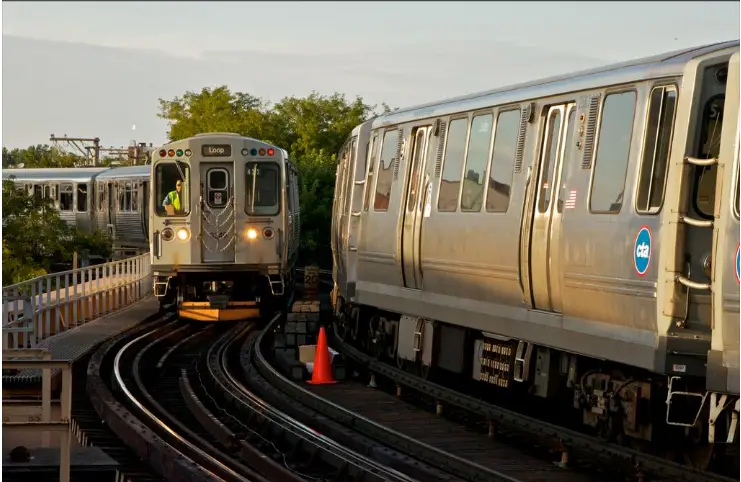The Chicago Transit Authority(CTA) is working towards breaking ground soon, on a long-awaited $2.3 billion Red Line Extension Project at the Far South of Chicago.
The CTA Red Line Extension project is aimed at easing commuting around the city, by extending the Red Line train route 5.6-miles to 130th Street and also building four new stations, equipped with bus and parking facilities; these four stations will be located at 103rd Street, 111th Street, Michigan Avenue, and 130th Street. Besides reducing the transit time of bus riders commuting from 95th Street to the Far South Side, this project will also bring future economic development to the city, by providing over a hundred jobs in the course of the development and also creating a faster link to jobs and other opportunities, located along the extension route.
Also Read Construction Industry a Potential Flywheel for Economic Recovery in SA
Red Line Extension Project to have Transit Supportive Development (TSD) Plan
A Transit Supportive Development (TSD) Plan was also created to provide guidance on future economic developments in the area and ensure that the community’s vision for revitalisation is met. According to Hosinski, CTA is hopeful that the TSD plan which was started in 2020, will be completed later this year. It is also expected that all the needed environmental and preliminary engineering work, as well as Federal Transit Administration’s Record of Decision, will be completed by 2022. She said that these are all necessary criteria to become eligible for the engineering phase of the federal CIG program, which is the last phase before construction on the Red Line Extension Project can commence.
A spokeswoman for the CTA, Catherine Hosinski pointed out that the Red Line Extension project was a large-scale project which required federal funding. She also mentioned that CTA is seeking out various sources of funding, including roughly $1 billion in Capital Investment Grant (CIG) funds. Half of the project’s funding could also be raised through grant money from the Federal Transit Administration, which will only be awarded if CTA is able to complete 30% of the design and provide a complete and final review of the project’s environmental impact by 2022.
